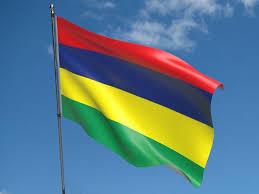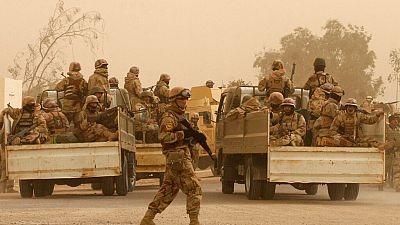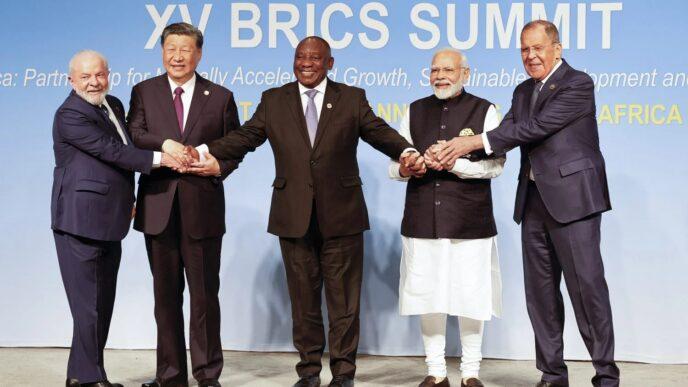The United States government has transferred five foreign nationals described as “barbaric” criminals to the southern African nation of Eswatini, marking a controversial expansion of its third-country deportation program, the Department of Homeland Security (DHS) confirmed Tuesday.
According to DHS, the men, citizens of Vietnam, Jamaica, Cuba, Yemen, and Laos, were flown to Eswatini under a policy that allows the U.S. to deport individuals to countries with which they have no legal or familial ties. The transfer comes shortly after the U.S. Supreme Court lifted previous restrictions on such deportations.
The third-country deportation program, widely criticized for its lack of transparency, began under the Trump administration and has continued quietly in recent years. Its operations remain largely hidden from public view, with limited details about deportation locations, procedures, or the fates of those sent away.
In a late-night post on X (formerly Twitter), Homeland Security Assistant Secretary Tricia McLaughlin confirmed the latest transfer. She did not specify when the flight occurred or which U.S. state the deportees were flown from.
“These individuals are dangerous, violent offenders who have no place in our society,” McLaughlin wrote. “We will continue to remove threats wherever possible.”
The policy has drawn sharp criticism from human rights advocates and immigration lawyers, who argue that deporting people to countries where they have no citizenship, community, or support system is both unethical and dangerous.
“This raises serious questions about legality, due process, and human dignity,” said a legal expert with the American Civil Liberties Union (ACLU). “Sending someone to a country where they have no ties is not deportation—it’s banishment.”
The Eswatini government has yet to comment on the arrival of the five men or the conditions under which it accepted them. Observers note that Eswatini, a small monarchy with limited infrastructure, may lack the resources to process or monitor foreign detainees sent through such a program.
This latest development follows a similar transfer to South Sudan, where eight men, also labeled violent criminals by U.S. authorities, were deported earlier this month. The South Sudanese government has remained silent about their whereabouts after taking custody nearly two weeks ago, fueling concerns over accountability and detainee welfare.














